Socialization is something every puppy needs, but it’s a very broad term that needs more questions answered.
Whilst I’ve already guided you through how to socialize your puppy at their various life stages – I wanted to answer some questions for you, so that you and your puppy know how to approach socialization, and can do so confidently, and armed with all the knowledge possible!
I know it’s hard at times, but I want to demystify and simplify this problem for you. I want you to know what you’re doing, and why you’re doing it! It’s really important that you get the why.
As a result! I’ve compiled these questions from puppy parents to help you get started.
They’re the questions I get asked most as a trainer about how to socialise a puppy. They’re great questions, and you may hear conflicting opinions (particularly from a vet about pre-vaccination socialization) but I want you to remember that you can keep your puppy safe.
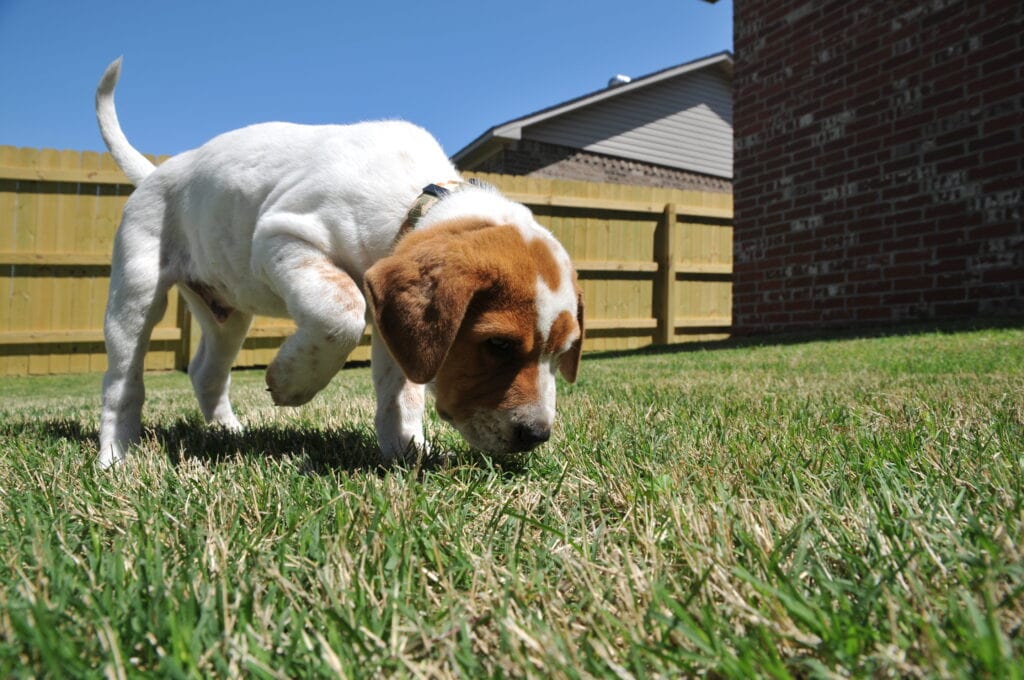
You are a responsible puppy parent.
You want the very best for them and you are not going to take risks. You are, however, going to make sure that they get the opportunities to socialise as they need in spite of veterinary restrictions.
And actually? If you do talk to your vet about these procedures, safety precautions and measures I’m suggesting, they’ll often consider it and they’ll agree. And if they don’t? Well, maybe it’s time to find a new vet!
So! Here we go with your frequently asked questions about puppy socialization.
What Is Puppy socialization?
Socialization is the process (or processes) by which your puppy learns to accept the world around them. This is often considered to be learning to interact with other dogs, but this is incorrect! It’s very much more than that. That’s why I elected to say the world around them.
It’s about surfaces, about new sights and sounds. About adjusting them to everything that can be a factor in their life in a safe, positive way.
Why Is Socialization Important For Puppies?
I don’t know what you do for a living, but now imagine the complete opposite of what you do.
So, once upon a time, I was an accountant (can you see why my bouncy personality didn’t really fit in?) but, so, walking into a fashion show after party would take me totally out of my depth, my curvy self in amongst tall, glamorous, well dressed people would make me uncomfortable and I would feel pretty stressed, and even the environment would likely be something that makes me uncomfortable.
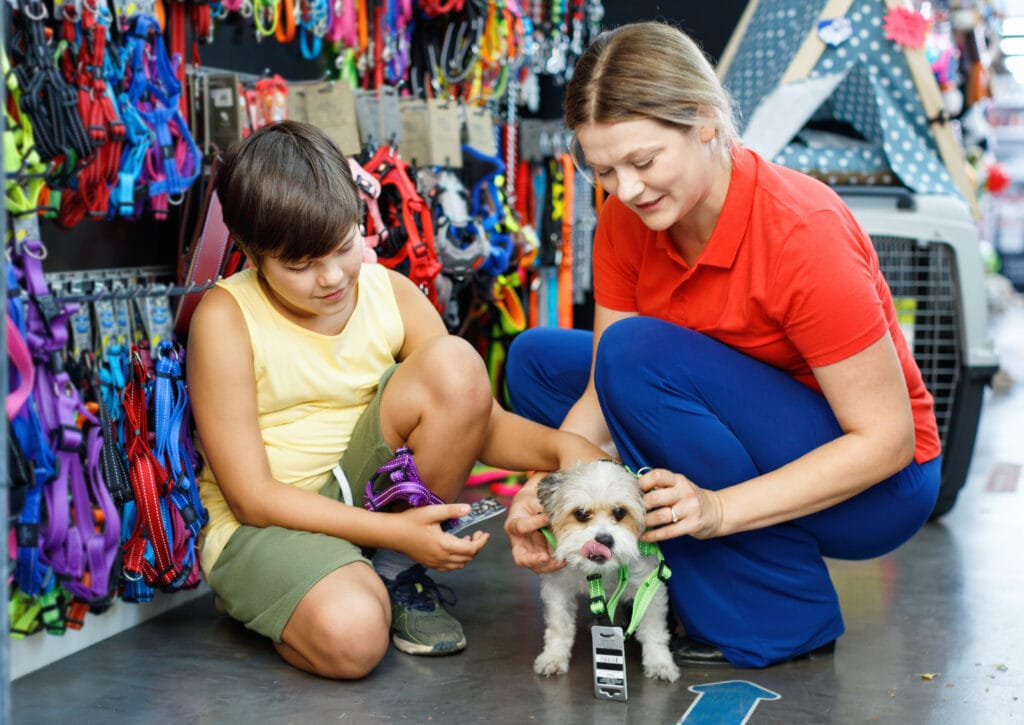
Now, whilst we’re not asking your dog to become a fashionista, we are potentially asking them to go into new environments. Whether that’s when you take them to your auntie Clara’s for christmas and it smells like old people in there, or you’re taking them to a hydrotherapist because of their arthritis concerns. We want them to not feel totally out of their depth. To find something in there that’s familiar, feel comfortable, and to be able to succeed when you give them something new.
When Is The Best Time To Socialize My Puppy?
This is a wonderful question.
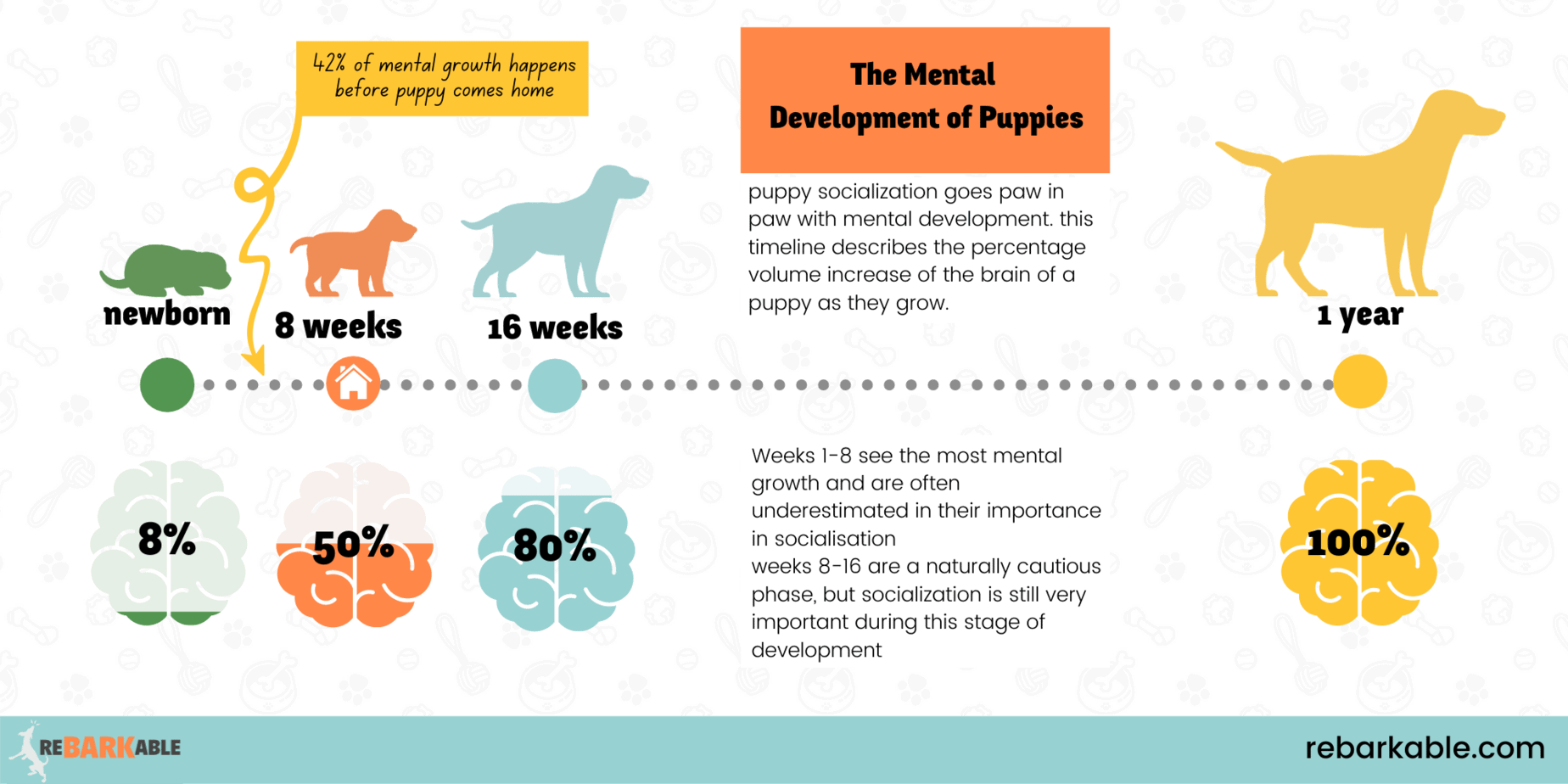
The best time? Is to expose your puppy to as much as possible whilst they accept everything as normal. This time? This is at 4 to 8 weeks (maximum) – but that’s with your breeder, isn’t it? Ugh – so is there a point? YES!
Just because this is the most significant period we need to leverage? Does not mean that they cannot learn, adjust and benefit from regular socialization practice. Still, the younger, the better.
When Should I Start Socializing?
Like I say for training, Yesterday.
Now, remember socialization can be done. It can be done safely at all ages. Because socialization is so much more than we often consider it to be.
It’s sights, it’s sounds, it’s touch, taste and smell.
You can always stimulate those senses! Adding in something new could be as simple as walking on gravel, introducing a box of pine cones to explore, or a shallow puppy paddling pool. socialization is so much more than other dogs and other people that the other senses can be overlooked.
Note! The day you come home with your puppy is going to be a wild ride of socialization – from new sofas, to new rugs, to new smells, and potentially bowls, cupboards, surfaces, and potentially people and animals (remember, your home is probably totally new to them!) – it may well be exhausting. Remember to lean on the familiarity so it’s not too daunting for them, but also that they can have days off too!
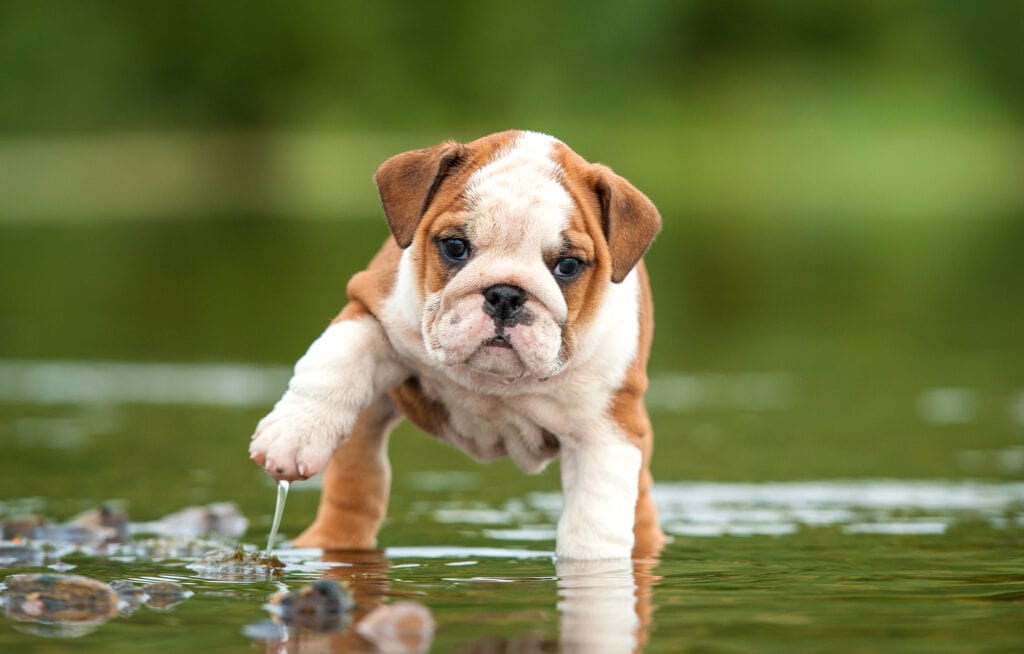
What Are Puppy Socialization Classes?
These are essentially play sessions for puppies guided by a professional trainer. They can sometimes be called a “puppy party” but I’m not a fan of ‘party’ because it implies a lack of control.
The trainer or class leader is responsible for monitoring and guiding the sessions’ energy and interaction. They will guide you on some elements of body language, and how to manage your puppy’s interaction to keep socialization safe, and encourage their confidence!
Are Puppy Socialization Classes Safe?
This answer has two parts to it.
Firstly, this depends on your puppy’s age. I would recommend waiting until puppy has had all their vaccinations before doing this. That way, they are more impervious to the environment and the other puppies. The drawback here is that puppies (ideally) want socialization experience at a younger age than their vaccinations can be completed – but I’ll get to that bit a little later!
Secondly, it depends on the person leading the class. Sadly, not all trainers are made equal. Whilst it is not a regulated field, it’s also a field with a lot of outdated information. You must make sure that your trainer uses no methods that causes pain, or fear within your puppy. Positivity and management are the best options you have for making these sessions successful.
It has to be a balanced experience for all puppies and the play session may need times where it’s split up to regulate the enthusiasm of the puppies involved. Feel free to talk to your trainer or class leader(s) about how they intend to manage this before you go to the event! Or even, ask if you can go watch a session!
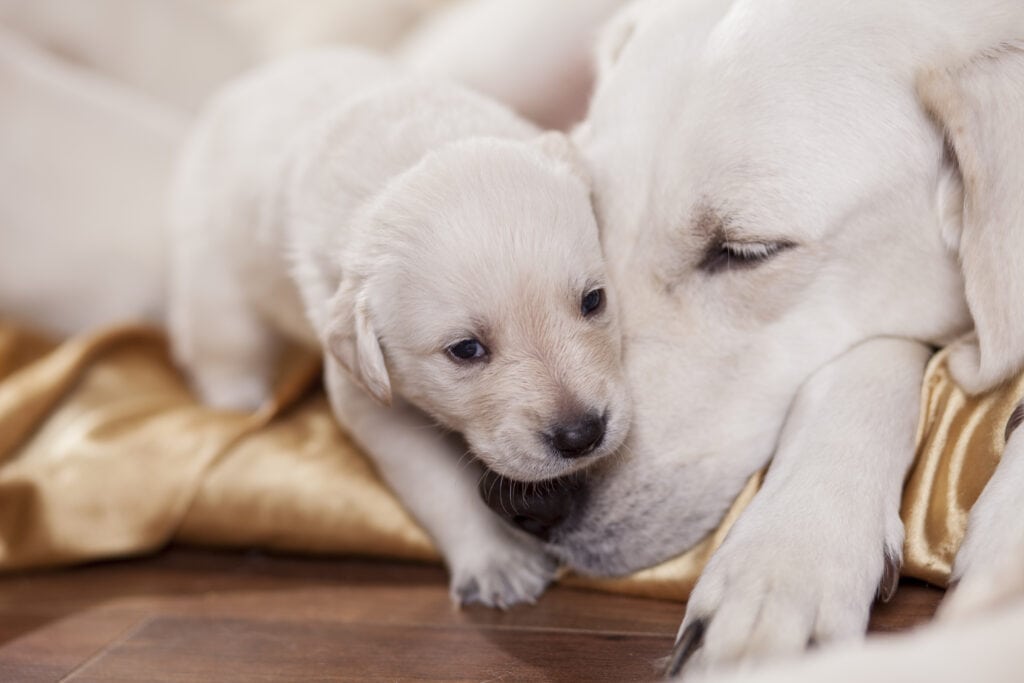
What Should My Breeder Do With Regards To Socialization?
Lots. As much as possible.
Your breeder actually has your puppy in the biggest development phase of their life. A puppy’s brain grows roughly 6.5 times it’s original volume between birth and week 8 – did you know that? That’s huge. And represents 42% of their final brain size.
And, anything they experience in this stage they will accept as normal.
When you consider that? It’s massively important that your breeder does work in this stage, that new surfaces, smells, sights, sounds and things to explore are explored.
At absolutely minimum puppy needs to meet you at least once before coming home. This socialization? Is so powerful in terms of your successes when bringing home your little darling.

But How Do I Socialize My Puppy Before Their Vaccinations?
You can do this by:
- Safely keeping puppy in a backpack, stroller, or sling whilst going out to experience new smells, sights and sounds from the safety of a guaranteed environment (I won’t stay sterile, but we know things from your home are not going to give your puppy parvovirus!)
- Introduce them to new people in your home, yard or garden.
- Introduce them to dogs who are up to date with all vaccines in your home, yard or garden.
Doing this means that you keep your puppy away from risks associated with floors, dogs or wildlife and minimise their chance of contracting any disease or virus before they’re vaccinated.
How Do I Socialize My Puppy Without Worrying About Parvovirus?
Essentially, you need to know that the environment is safe and clear.
You can know this by knowing:
- No wild animals have been in the vicinity
- No unvaccinated dogs or other pets have been in the area
- The area has been ‘cleaned’ or sprayed to kill off parvovirus.
Or, by socializing in the following ways:
- By taking puppy out in a backpack, stroller, or sling
- socializing at home, or in your yard/garden with new people
- socializing at home, or in your yard/garden with new, vaccinated dogs who are friendly.
Or by focusing on stimulating their senses! Remember, you can introduce sounds from youtube! You’d be surprised how good they are and how effective they can be in training.
But How Do I Socialize My Puppy Whilst In Quarantine?
Okay, so this one is tough (slightly easier as restrictions ease) but essentially, even from a distance it’s about creating a positive response to seeing another person, dog, or object. So, this may mean using rewards to sway your puppy’s mind or outlook on these things.
For example,
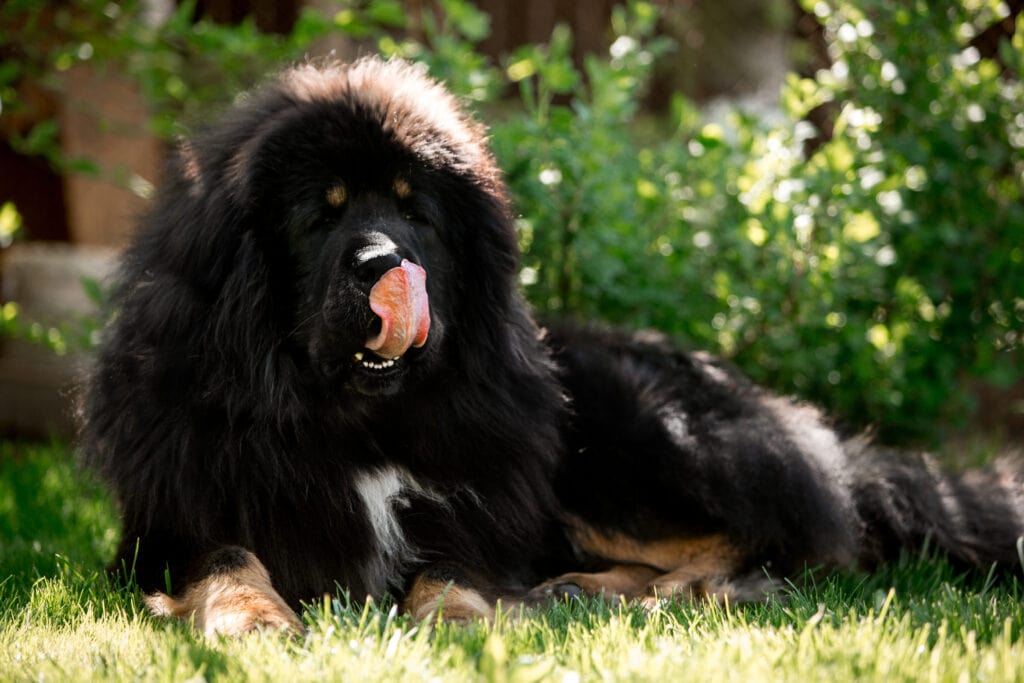
Tilly the Dachshund is walking with her parent, Sarah, and they’re coming up to a huge, black tibetan mastiff. Both dogs are on leash. Tilly is showing signs of fear, and hesitating as she looks at this goliath dog whose fur is making him look even more intimidating.
Sarah takes tilly on a wide arc around the oncoming mastiff, allowing social distancing to occur, and more importantly allowing Tilly to get some distance between her and the huge, potentially scary dog! (this is monitoring the 3D’s, for reference!)
Sarah, Tilly’s Mum, praises and rewards Tilly by engaging in a game of tug! Whilst Tilly is playing, Tilly can’t be scared and creates an association that big dog means fun things happen, consequently, the next time that Tilly sees a big black dog, she will be less scared!
Sarah may have to reinforce this a few times, but Tilly will learn from a safe distance, respectful of social distancing.
What Are The Potential Consequences Of Poor Or Improper Puppy Socialization?
Hmm, well. I want to say this in as non-alarmist ways as possible.
But, let’s look at puppy mills.
Puppy mill puppies don’t get socialized, it’s a huge reason not to get a puppy mill puppy (other than the fact that it’s massively unethical). That lack of early socialization can mean that these puppies grow up emotionally stunted. They become less joyful, less optimistic, and they can be harder to train.
The flip side? Is that your dog doesn’t know how to deal with another dog, or person, they will rely on their gut instinct, and usually unfamiliar does not equal good. So, they will go to flight or fight responses.
Which of these can come down to a breed quality, and may come off as aggression.
This ‘aggression’ can develop into reactivity, because when the display of aggression (typically barking, lunging etc) shows that the scary thing goes away, a rush of relief upon the restoration of their safety allows the dog to think they’ve done the right thing. This can become a self rewarding cycle.
Of course, there is also the flight response, which can result in lost dogs, or just terrified dogs who get uncomfortable situations forced upon them, which can then escalate to the “Bite Out Of The Blue” status.
Again, I’m not trying to be alarmist, but these are genuine consequences of poor socialization, and a really good argument for socializing properly.
Of course! The more frequent consequences are much more mild. They become the instance where you drop them off at their daycare facility, or home boarding provider, and your dog flat out refuses to walk on the gravel – because it’s weird, it moves under their paws, and makes a noise… Honestly, you’d be shocked how many times I’ve heard home boarders say that certain dogs just refuse to walk on their tiled floor…
And whilst these are not so serious? It’s something that we can still avoid with proper socialization.
Do I Need To Do Any Special Sorts Of Socialization If My Puppy Will Become A Service Dog?
Yes, both you and your breeder will have to work extra hard on this.
The principles are the same, but I would work with a trainer to assess what you need of the puppy when they’re fully grown, examine the environment, examine the tasks, and thinking about everything they’re going to experience, and include plenty of this in their socialization from a young age.
You will also have to teach some phenomenal levels of focus around all of these distractions that life might throw. But this all starts with socialization.
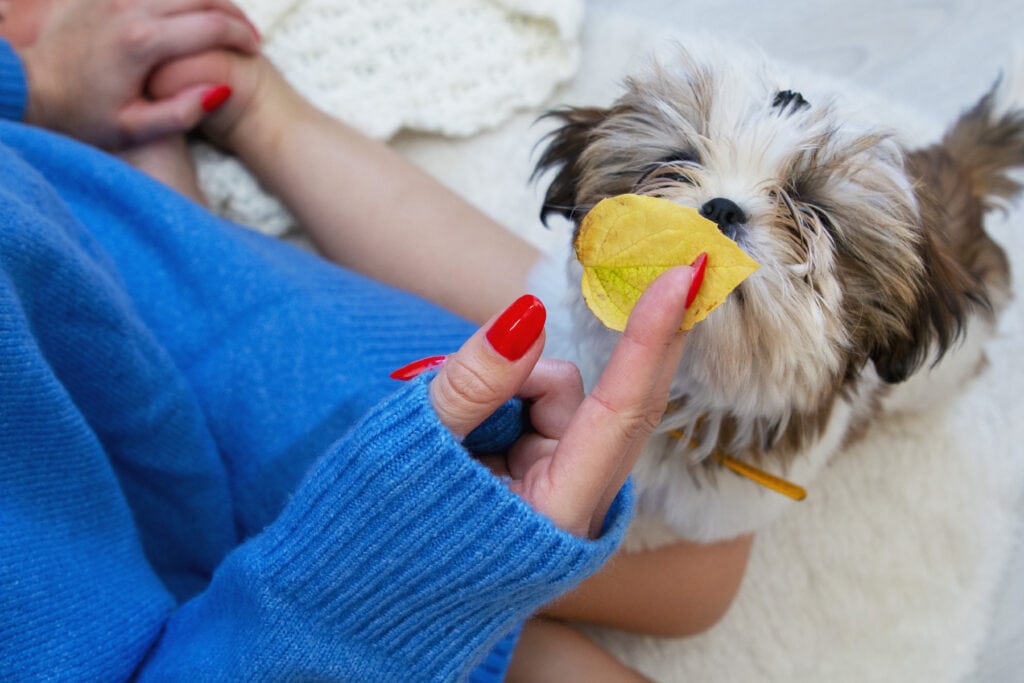
Confident yet?
Yep! I can feel you sat there, thriving in this knowledge! Woo! Mission accomplished.
I know it can feel like something insurmountable, but it’s not. It’s actually already a very large part of what you’re doing every day with your gorgeous puppy.
But it takes time.
The aim of socialization is to help your puppy be confident, capable and adaptable. That a new harness, a new bed, a new home, or a new child in their life won’t become something they simply cannot deal with. And you learning how to socialize your puppy correctly, will help you in helping them to overcome any shortcomings that may happen.
This is one of the pillars of raising a successful dog, and is very much worth the investment of time.
Set Up For Success
It sounds simple? But it takes a lot to do this for life. Life is complicated and messy! And it is for our dogs too.
Phenomenal socialization? Is something that will help prepare them for their life with you. Remember! We don’t need a perfect dog – we just want a practical dog.
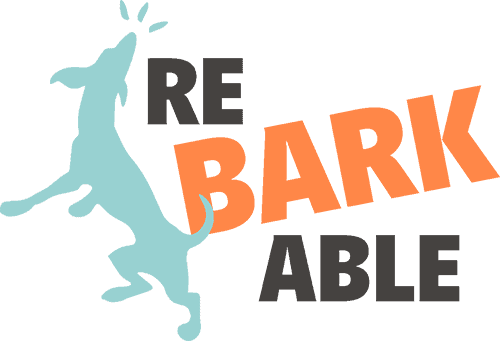
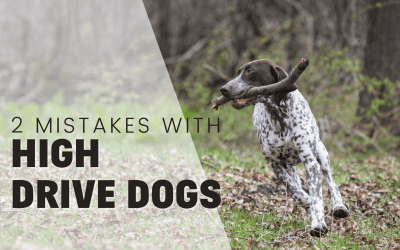
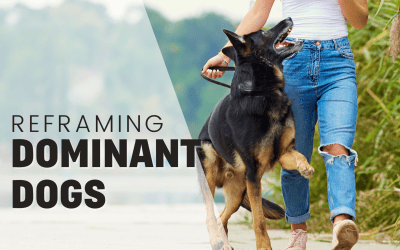
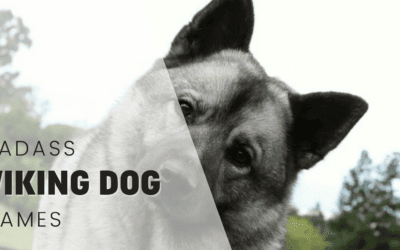

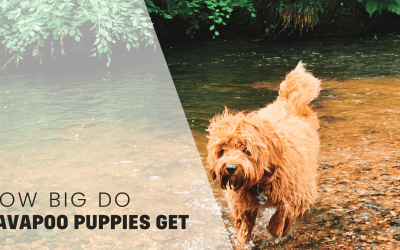
0 Comments